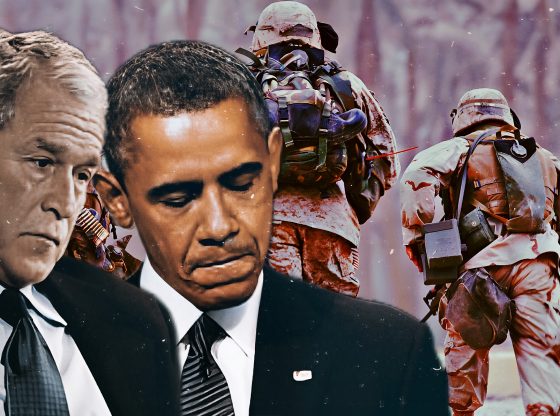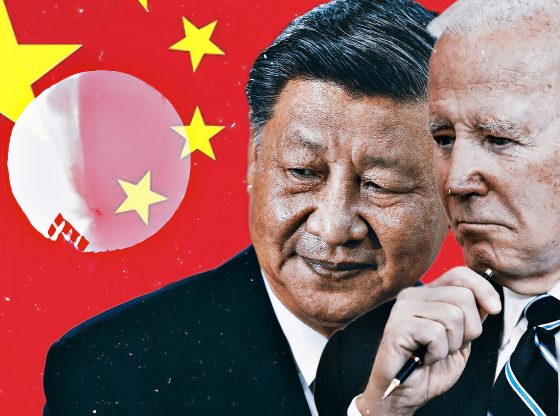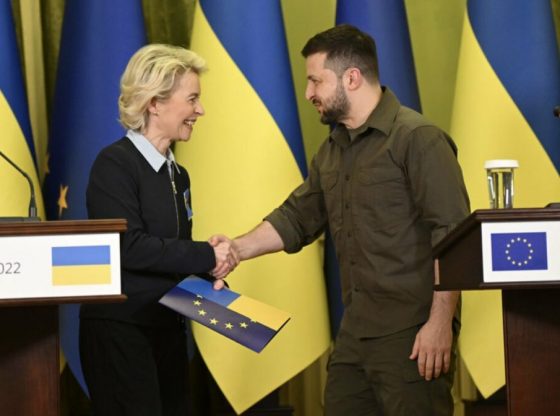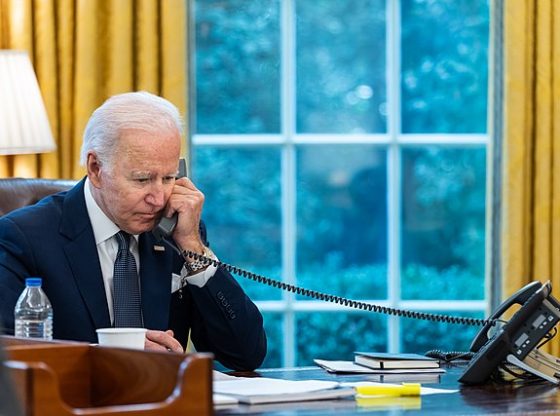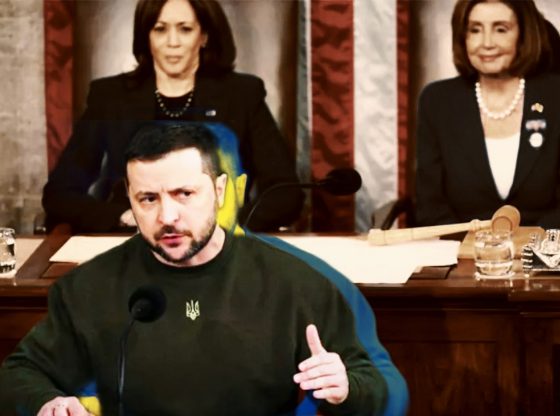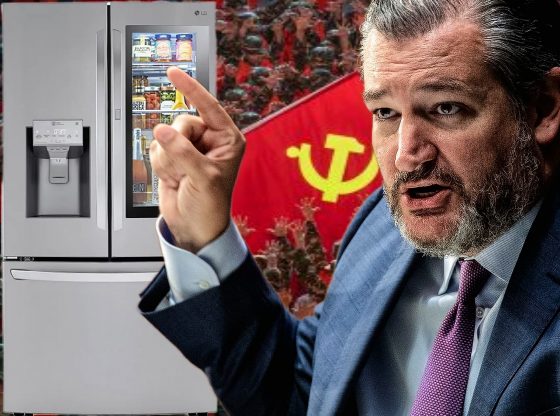Further reinforcing his administration’s successful realignment of U.S. policy against China, President Trump has reportedly just sent Navy Rear Admiral Michael Studeman, the top military intelligence official at the U.S. Indo-Pacific command on an unannounced visit to America’s island ally — Taiwan. This visit shows that no matter what the final results of the U.S. presidential election, Trump intends to solidify America’s pro-Taiwan stance, and strategy to counter China.
Trump is the first U.S. president in 40 years to aggressively challenge China’s belligerence and expansionism, steadily developing a U.S.-led global anti-China strategic effort. This effort has been very clear in its focus on strongly backing Taiwan against increasing Chinese bullying and military threats.
In just the past 12 months, the Trump administration has authorized billions of dollars of arms sales to the self-governed island, including offensive missiles for the first time in 40 years. Trump has also ramped up U.S. naval drills and Freedom of Navigation Operations (FONOPS) in the contested South China Sea, as well as beefing up defense ties with the “Quad” — the coalition of Japan, Australia, India, and the U.S. to challenge Chinese maritime expansion.
Visits by senior officials play a big part in Trump’s strategy. This summer Health and Human Services Secretary Alex Azar became the most senior U.S. official to visit Taiwan in decades.
China was furious when Azar visited Taipei in August, followed by U.S. Undersecretary of State Keith Krach in September, sending warplanes near the island on both occasions.
In response to the visit by Admiral Studeman this weekend, Reuters reported that Chinese Foreign Ministry spokesman Zhao Lijian said China “resolutely opposes” any form of exchanges between U.S. and Taiwanese officials or the two having military relations.
China urges the United States to fully recognise the extreme sensitivity of the Taiwan issue, Zhao told a news briefing.
“The Chinese side will, according to how the situation develops, make a legitimate and necessary response,” he said, without elaborating.
Adding to the high-level U.S. counter-China pressure, CNN notes that “In another move sure to anger China’s leaders, the US also welcomed the head of the Tibetan government in exile to the White House over the weekend.”
Lobsang Sangay, head of the India-based Central Tibetan Administration (CTA) visited the White House on Saturday. According to a CTA statement, no leader of the Tibetan government in exile has visited the building in over half a century.
China hawks — myself included — along with Chinese democratic dissidents and supporters of a free Hong Kong and Taiwan, fear a possible Biden administration could take a softer line with Beijing.
Many see these recent Trump moves as a way to cement these hardline policies and make it more difficult for another administration to radically reverse course.
The opinions expressed by columnists are their own and do not necessarily represent the views of AmericanActionNews.com.


